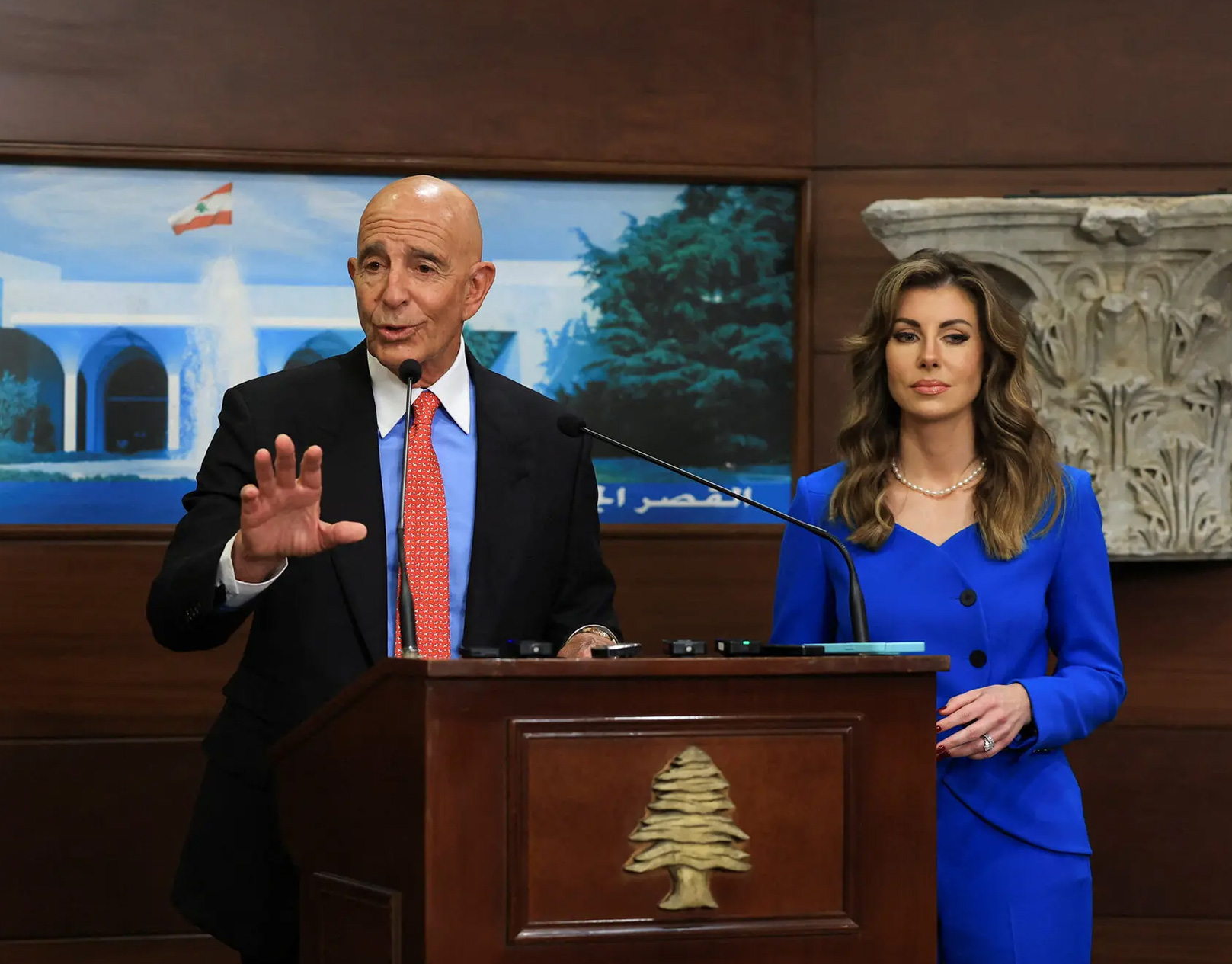U.S. envoys push Lebanon to disarm Hezbollah, but resistance and high stakes leave the outcome uncertain.
Diplomatic pressure rises: Lebanon faces US demands on Hezbollah arms
Diplomatic pressure rises: Lebanon faces US demands on Hezbollah arms

Lebanese eyes are on flight schedules these days. Not for holidays, but for the arrivals of Tom Barrack and Morgan Ortagus.
Barrack, the United States' special envoy for Syria and Lebanon, is pushing a U.S.-backed plan to convince Hezbollah to disarm, with Lebanon set to present its proposal by August 31, a step Israel says could pave the way for a military pullback from the south.
Ortagus, the former U.S. deputy special envoy for the Middle East, shook Beirut earlier this year with her warning that Hezbollah in government is a U.S. “red line.” Her message was blunt: “Now it’s not about words, now it’s about action … every step that the Lebanese government takes, we will encourage the Israeli government to make the same step.”

US ambassador to Turkey and special envoy for Syria Tom Barrack (L) delivers a statement, as he is accompanied by US deputy Middle East envoy Morgan Ortagus, following a meeting with Lebanon's president at the Presidential Palace in Baabda on August 26, 2025. Photo: Reuters
Barrack emphasized that the plan would not necessarily involve military action to persuade Hezbollah to give up its weapons. "The Lebanese army and the government are not talking about going to war. They are talking about how to convince Hezbollah to give up those arms," he said.
He also claimed that Saudi Arabia and Qatar were ready to invest in an economic zone in southern Lebanon near the Israeli border, creating jobs for Hezbollah members and supporters once they laid down their arms.
After multiple visits by Barrack and Ortagus to Beirut, the Lebanese government is set to propose a plan by August 31 to disarm Hezbollah. However, Hezbollah leader Naim Qassem has repeatedly refused to give up the group’s weapons. As Ortagus put it, “We will encourage the Israeli government to make the same step.”
The future remains uncertain, as Lebanon balances international pressure, Hezbollah’s resistance, and the promise of economic incentives — leaving the next chapter of the country’s politics and security yet to unfold.


